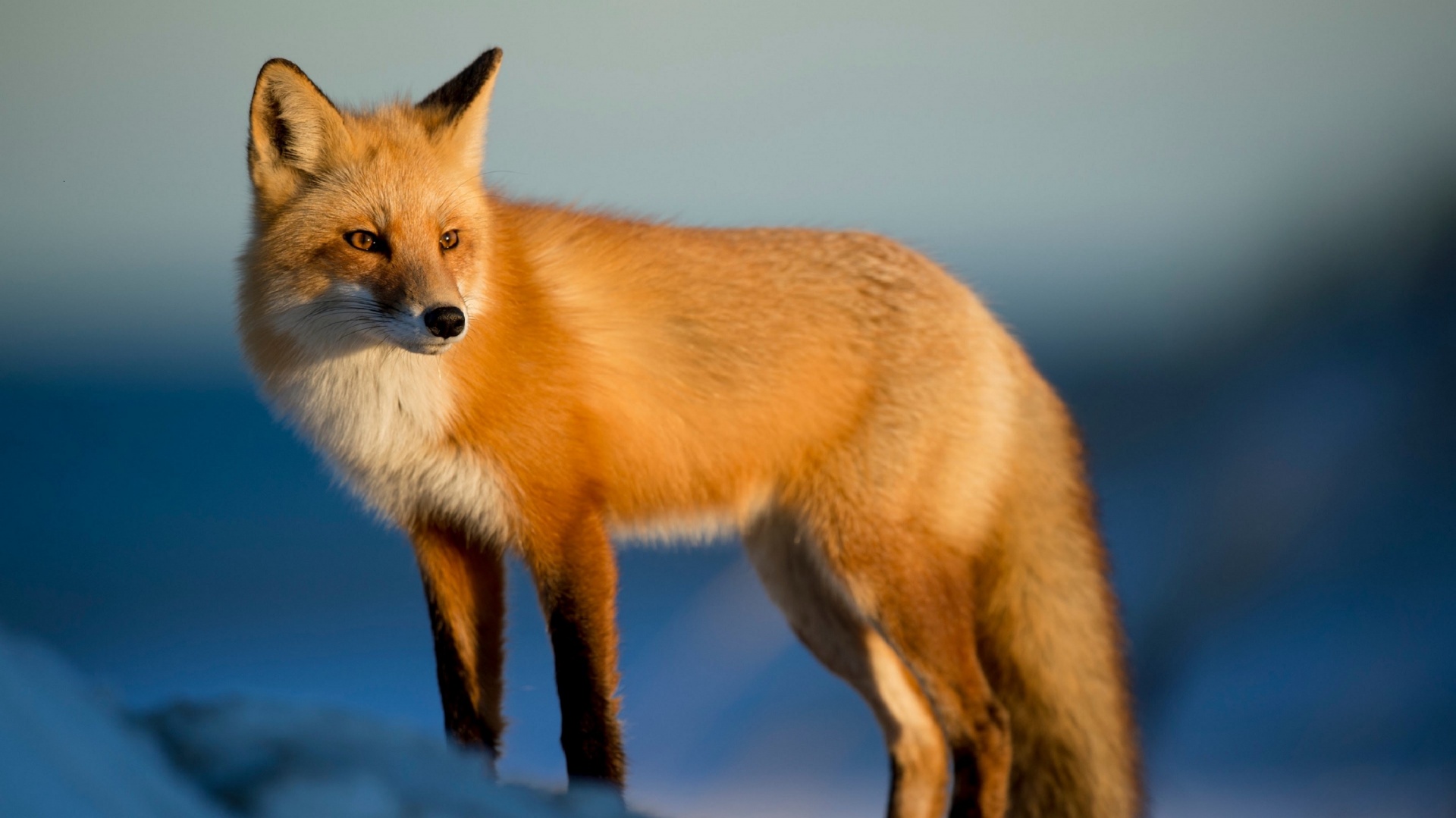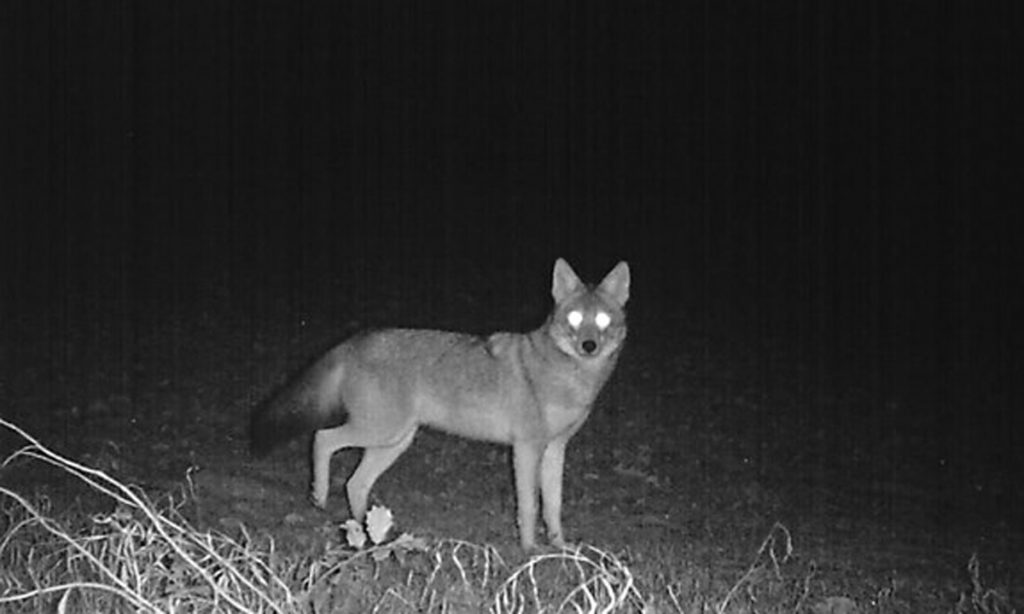
Humans aren’t the best neighbors. In fact, we’re so annoying that animals are turning to a nocturnal existence in order to avoid human interaction.
A recent study published in Science found that naturally diurnal animals that live near urban areas are becoming nocturnal in order to avoid frightening encounters with people. And the phenomenon is playing out all over the world — in every continent, except Antarctica.
“As the human population grows, there are fewer places for animals to live out their lives independently of our influence,” the study’s authors wrote.
The scientists analyzed 76 different studies that demonstrated how 62 separate species of mammals — including foxes, deer, wild boars and coyote — altered their behavior in response to hunting, farming, and development activities. On average, the animals increased their nocturnal activities by a factor of 1.36 in response to human disruption.

Why does this matter? Well, if diurnal animals become mostly active at night, they could miss opportunities to mate or hunt effectively. In some cases, their new behaviors could even expose them to new predators, such as lions, which mostly hunt at night.
Humans don’t exactly have an excellent reputation when it comes to co-existence. A study published in Science showed that extinction rates are a thousand times higher than they would be if humans weren’t here on Earth.
On a positive note, this change in the animal’s behavior could allow humans and wildlife to coexist more peacefully, the researchers say. It may also provide an idea of how to improve conservation efforts, such as regulating times that people can visit certain areas where wildlife is known to roam.




